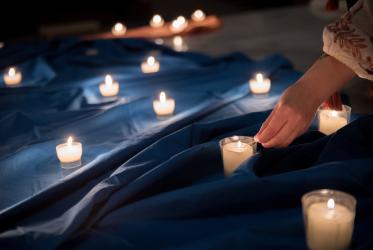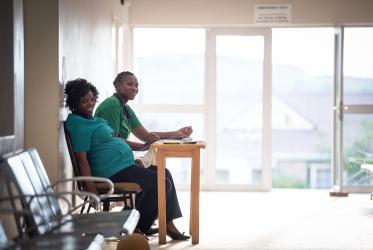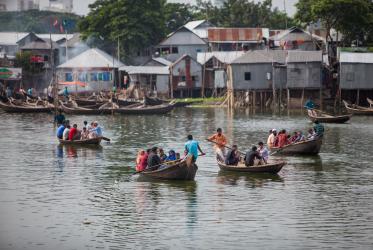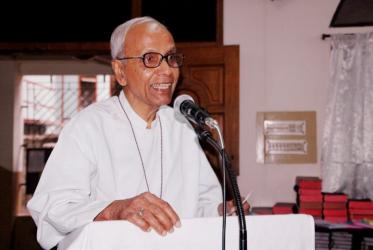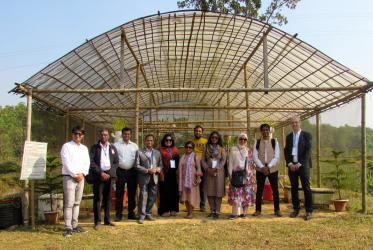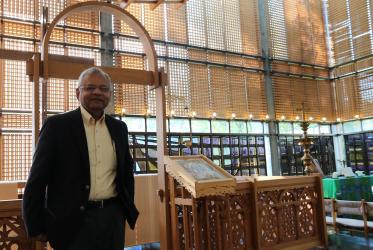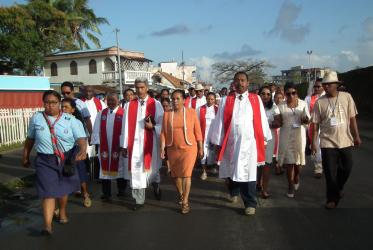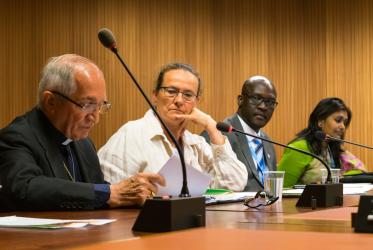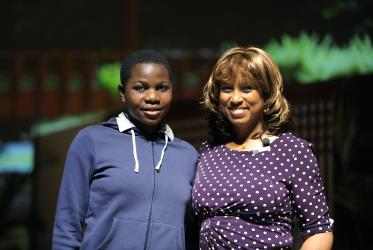Displaying 1 - 20 of 25
Climate crisis fuels existing water injustice
27 October 2021
New student body at Bossey Ecumenical Institute “a source of joy”
14 September 2020
Workshop in Bangladesh links climate, economic justice
07 February 2019
WCC expresses condolences upon death of Bishop Nibaron Das
29 November 2018
Church of Jesus Christ in Madagascar celebrates 50 years
24 August 2018
WCC Executive Committee speaks out on migrant crises
12 June 2015
Issues of justice in focus at WCC Busan assembly
06 November 2013
